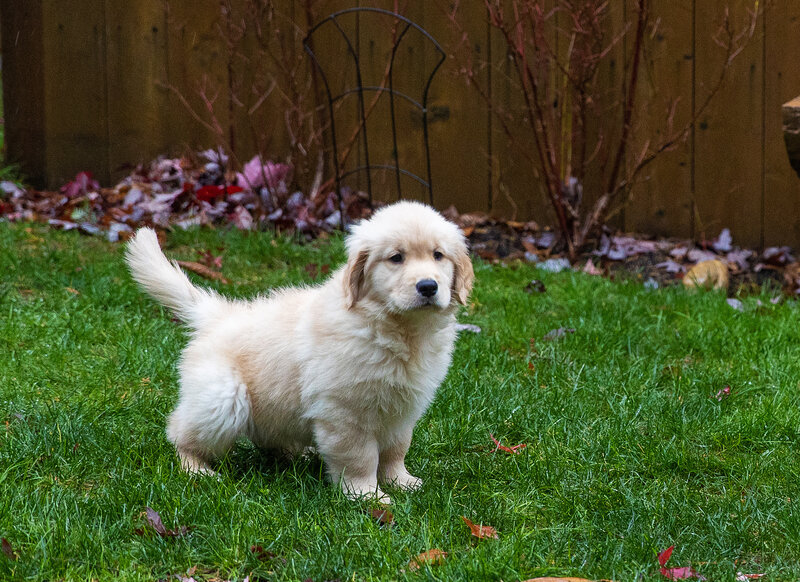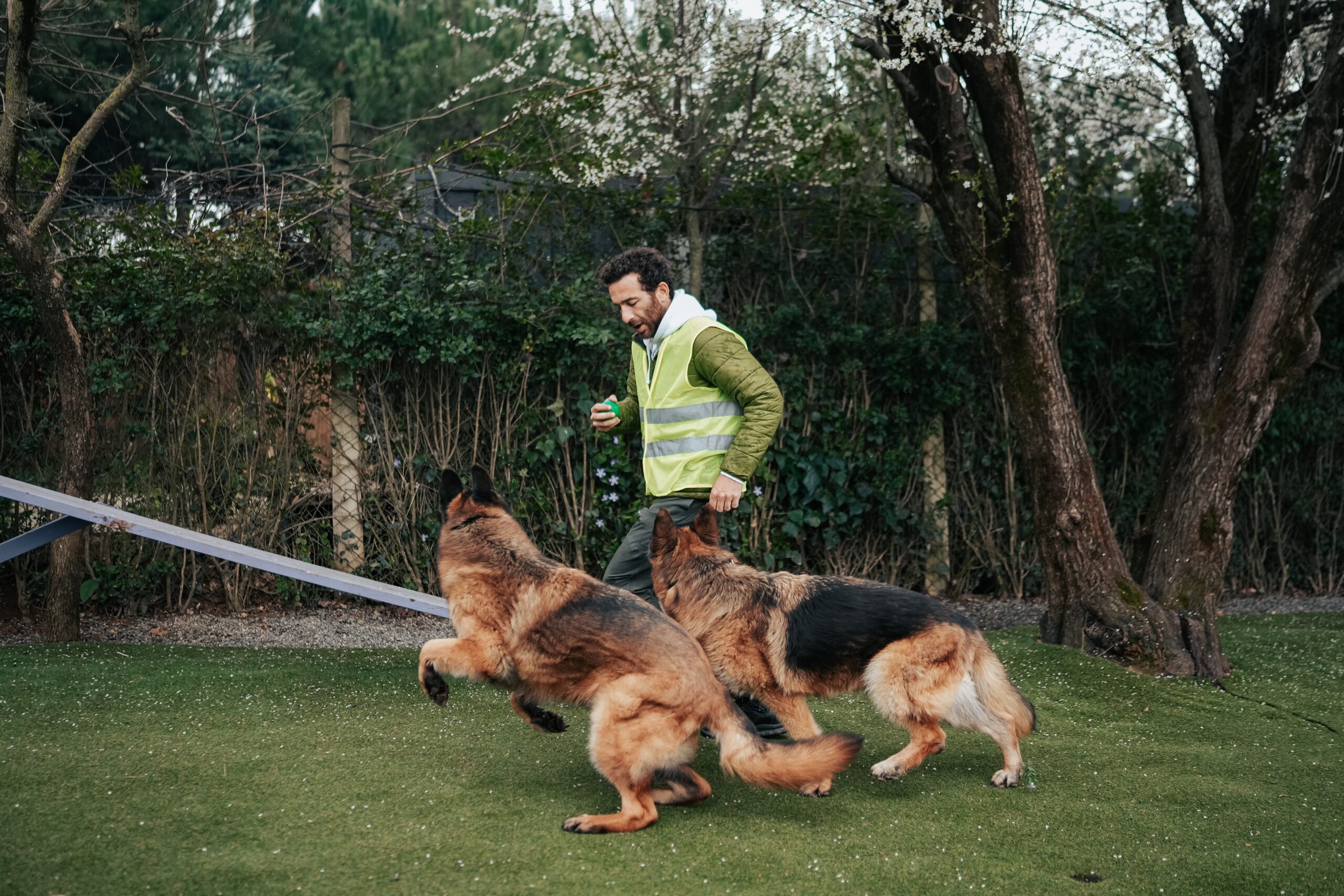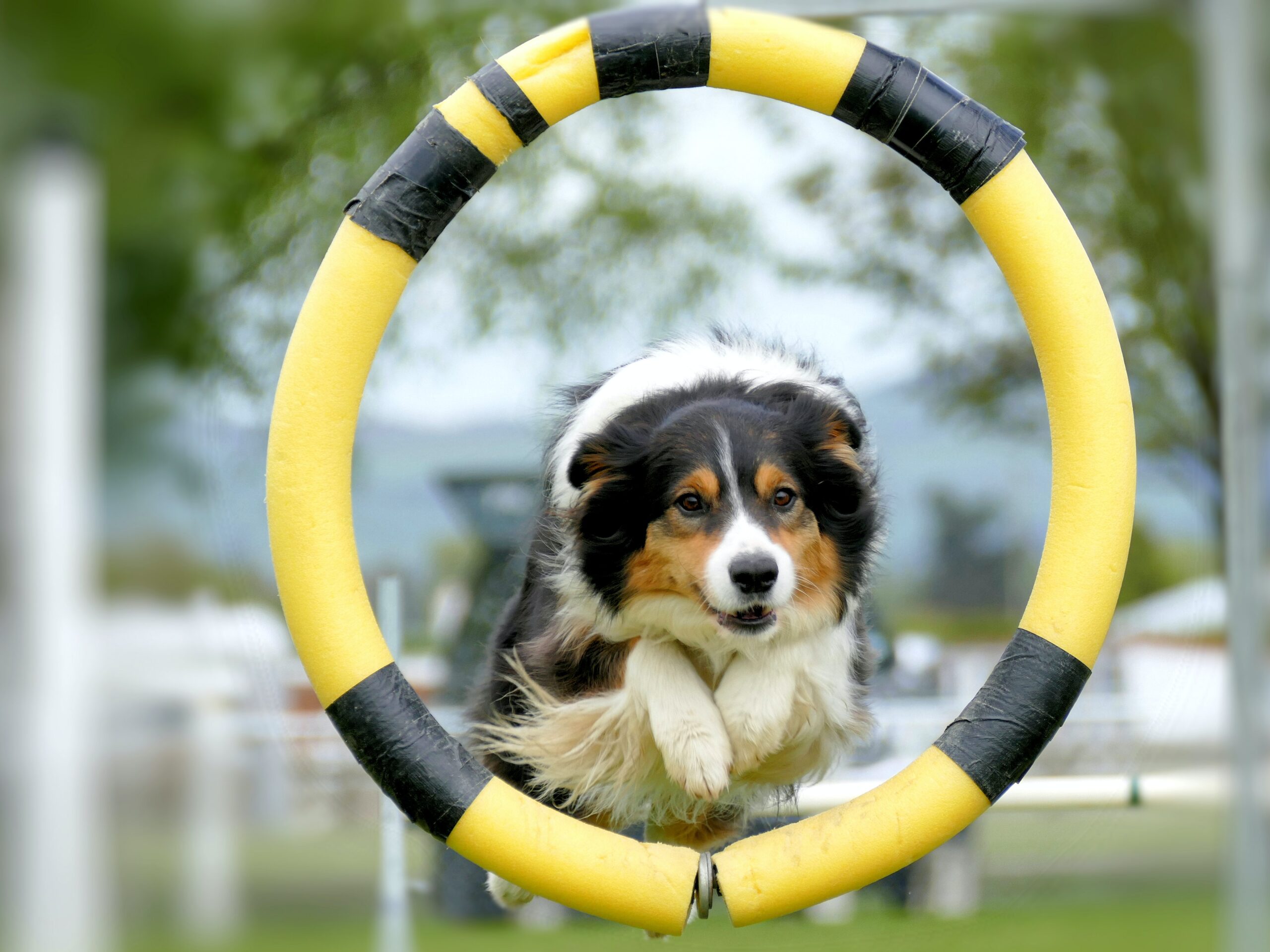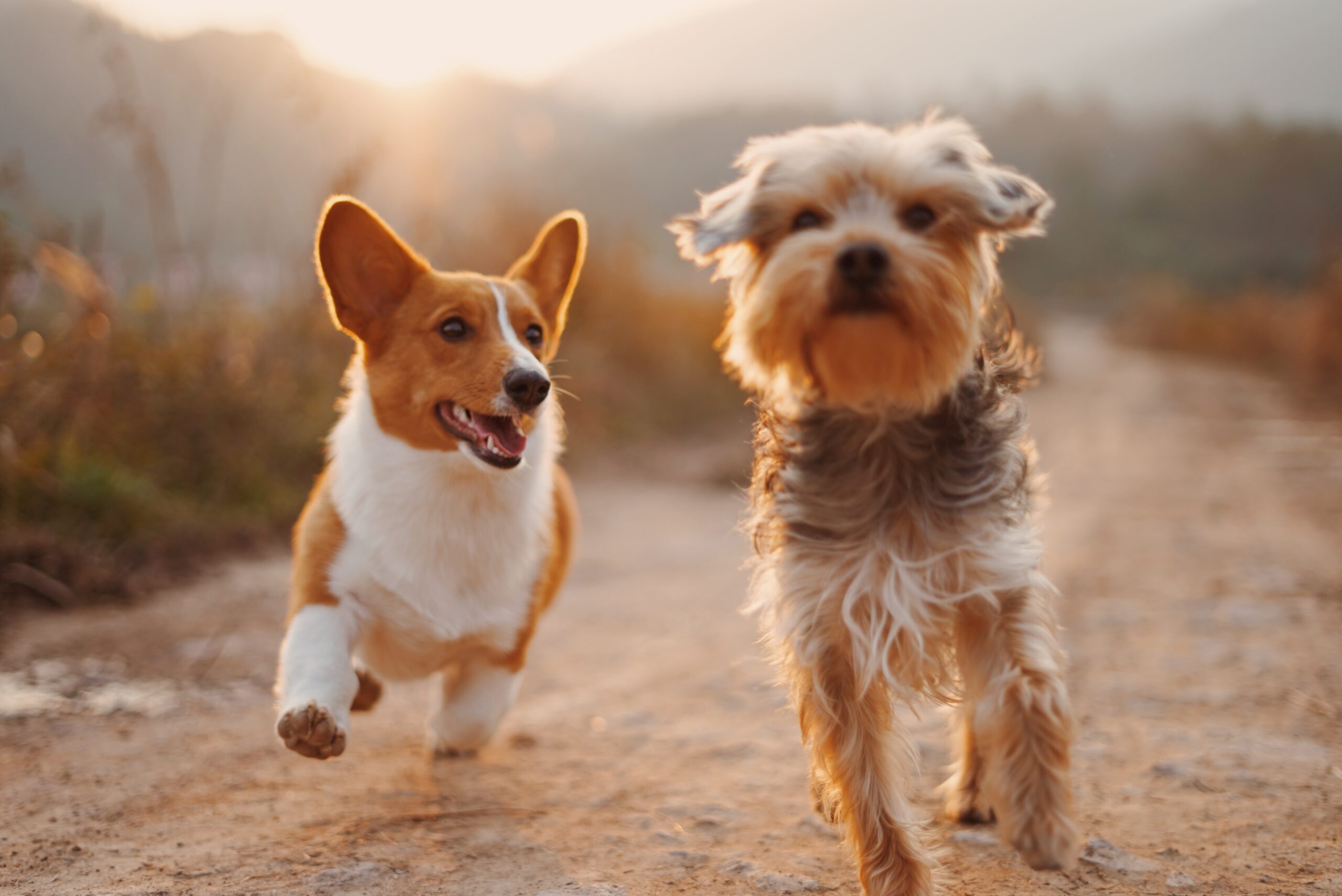Addressing Separation Anxiety in Dogs with Pup Club Official’s Comprehensive Dog Training
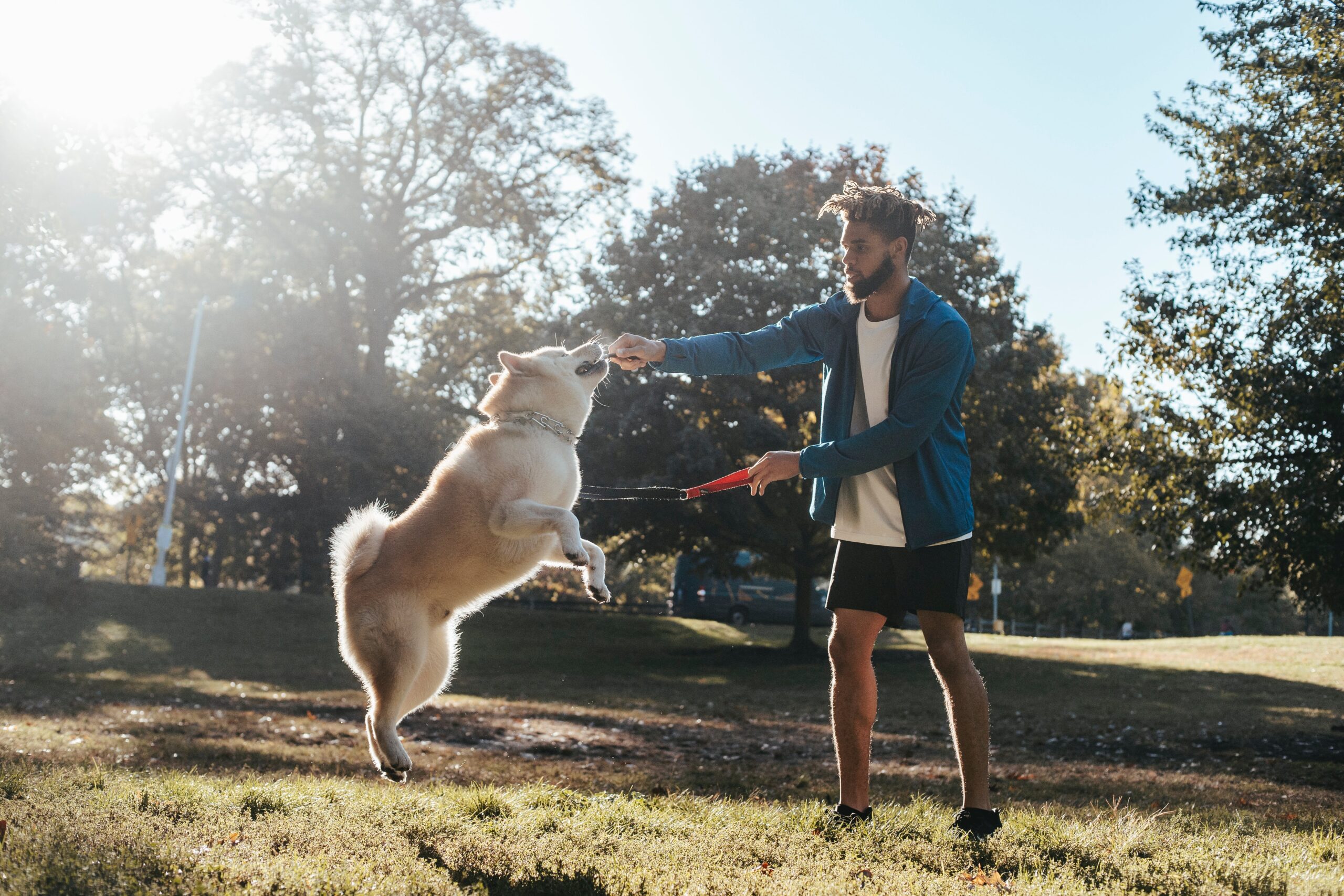
Separation anxiety is a common behavioural issue faced by many dog owners, often manifesting as excessive barking, destructive behaviour, and distress when left alone. Addressing this challenging issue calls for a comprehensive and holistic approach to dog training, focusing on the root causes of anxiety while simultaneously fostering your canine’s overall wellbeing, confidence, and socialisation. Pup Club Official is devoted to providing dog owners with the resources, guidance, and support needed to tackle separation anxiety through a combination of expert-led training, innovative anxiety alleviation techniques, and an emphasis on mental stimulation and socialisation.
In this enlightening blog post, we will examine how Pup Club Official’s holistic dog training approach addresses separation anxiety, presenting solutions and strategies to not only alleviate anxiety but also enrich your dog’s life as a whole. Our comprehensive dog training, socialisation, and stimulation routine aims to create empowered and adaptable canine companions, capable of managing their emotions and overcoming the challenges associated with separation anxiety.
As a member of Pup Club Official, you gain access to expert-curated training programs, tailored mental stimulation activities, and exclusive socialisation opportunities that all play a vital role in addressing separation anxiety in dogs. Join us as we delve into the complexities of this behavioural issue and uncover the pivotal ways in which Pup Club Official’s holistic training approach provides the support, expertise, and resources necessary to ensure your canine companion thrives, both when they are by your side and when they are home alone.
Understanding Separation Anxiety in Dogs
To effectively address and manage separation anxiety in dogs, it is crucial to understand the signs, causes, and complexity of this behavioural issue. Some key insights include:
1. Signs of separation anxiety: Dogs suffering from separation anxiety may exhibit behaviours such as excessive barking, howling, destructive tendencies, pacing, or attempts to escape when left alone.
2. Causes of separation anxiety: Various factors can contribute to the development of separation anxiety in dogs, including lack of socialisation, past trauma, genetics, changes in the environment, or excessive attachment to their owner.
3. Individual experiences: Separation anxiety manifests differently in each dog. It is crucial to understand your dog’s unique experiences and triggers in order to devise an effective training and support plan.
Pup Club Official’s Holistic Approach to Addressing Separation Anxiety
Pup Club Official’s comprehensive dog training approach is designed to tackle separation anxiety by focusing on the various aspects of canine wellbeing and development:
1. Expert-led training: Our expert-curated dog training programs incorporate essential strategies for managing and alleviating separation anxiety, such as slowly increasing the duration of separation, promoting independence, and teaching calming techniques.
2. Mental stimulation: Ensuring your dog receives adequate mental stimulation through tailored activities and brain games helps to reduce anxiety levels by enriching their mental and emotional wellbeing.
3. Socialisation support: Proper socialisation is a significant factor in developing confident, well-rounded dogs that are less prone to separation anxiety. Pup Club Official provides expert advice and exclusive socialisation opportunities to enhance your dog’s overall resilience and adaptability.
Techniques for Alleviating Separation Anxiety in Dogs
With Pup Club Official’s comprehensive training guidance, you can implement various techniques aimed at alleviating separation anxiety in your canine companion:
1. Gradual desensitisation: Teaching your dog to cope with separation by gradually increasing the duration of time spent alone. Start with short intervals and slowly increase the time, rewarding your dog for remaining calm and composed.
2. Environmental enrichment: Creating a safe, comfortable space for your dog during your absence can help to reduce anxiety levels. Provide them with comfortable bedding, toys, and mental stimulation activities to keep them occupied and content.
3. Independence exercises: Encourage your dog to build confidence and self-esteem through activities that promote independence, such as training sessions, obedience exercises, or agility courses.
4. Counter-conditioning: Changing your dog’s emotional response to being alone by associating positive experiences with your absence. This can be achieved through rewarding your dog for calm behaviour when you leave, or providing them with a special treat or toy that is only given during alone time.
The Role of Pup Club Official’s Community in Addressing Separation Anxiety
As a Pup Club Official member, you gain access to a supportive and understanding dog owner community that understands the challenges associated with separation anxiety. By sharing experiences, exchanging advice, and providing encouragement, this community plays a vital role in the process of addressing separation anxiety:
1. Collective wisdom: Draw on the experiences and knowledge of fellow members to identify effective techniques and approaches in managing your dog’s separation anxiety.
2. Shared successes and challenges: Connect with fellow dog owners facing similar anxieties, exchanging triumphs and setbacks, and offering emotional support and encouragement.
3. Resources and strategies: Access a wealth of training guides, informative articles, and supportive tools aimed specifically at addressing separation anxiety in dogs.
Conclusion
Separation anxiety can be a challenging behavioural issue to navigate, as each dog’s experience, triggers, and level of anxiety can differ greatly. However, with Pup Club Official’s expert-curated dog training programs, mental stimulation activities, and structured socialisation opportunities, dog owners are equipped with the tools and resources necessary to devise an effective anxiety management plan tailored to their canine’s unique needs.
By embracing the support and guidance provided by Pup Club Official’s comprehensive membership, dog owners can not only alleviate anxiety in their dogs but also cultivate a well-rounded, confident, and adaptable canine companion. Addressing separation anxiety requires patience, persistence, and empathy, and with the unwavering support of Pup Club Official’s expert dog training and encouraging community, tackling this behavioural challenge can be transformed into an opportunity for growth, understanding, and a strengthened bond between owner and dog. Ask us how we can help you and your dog today!


